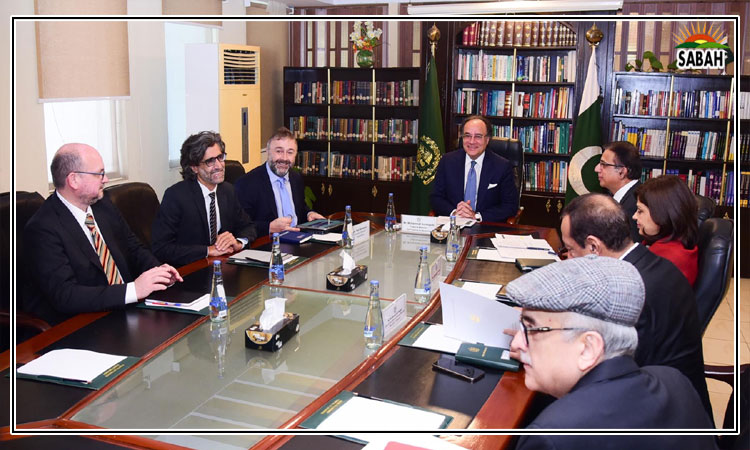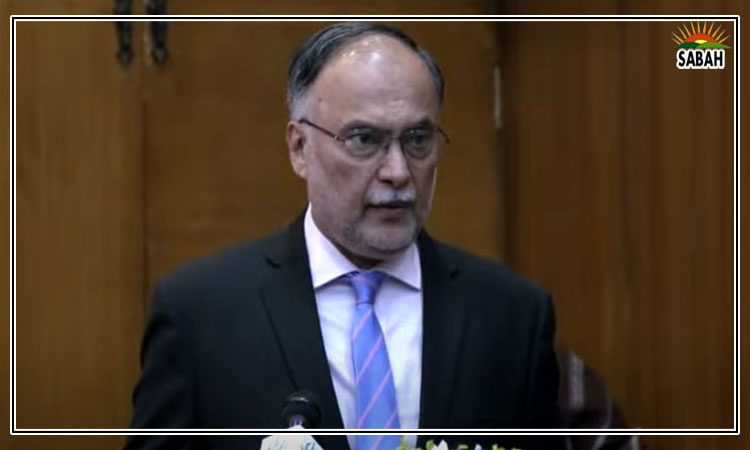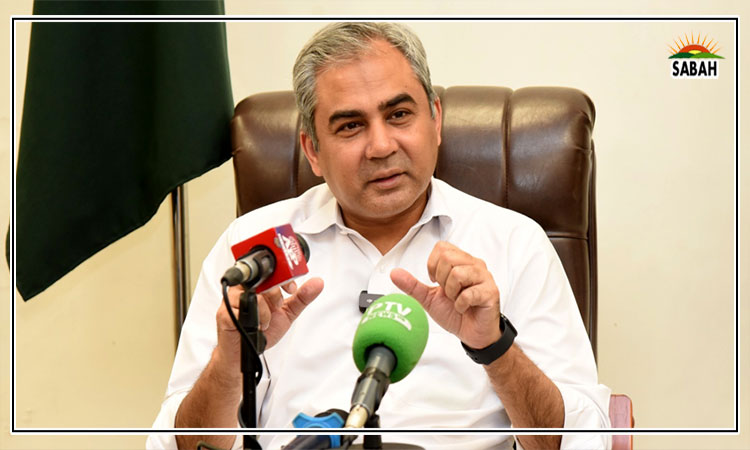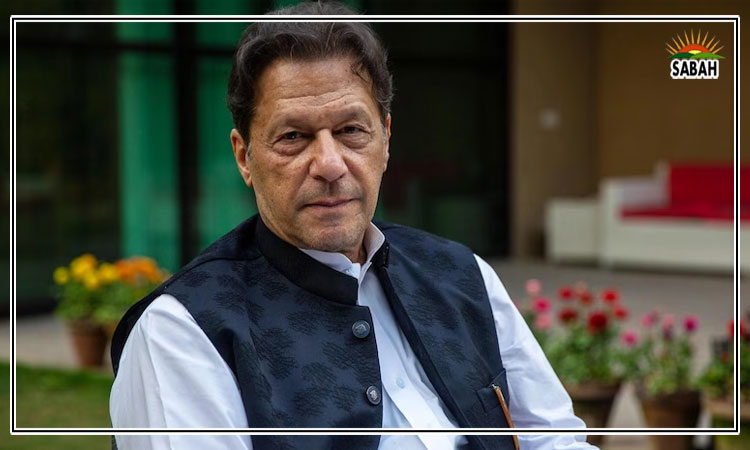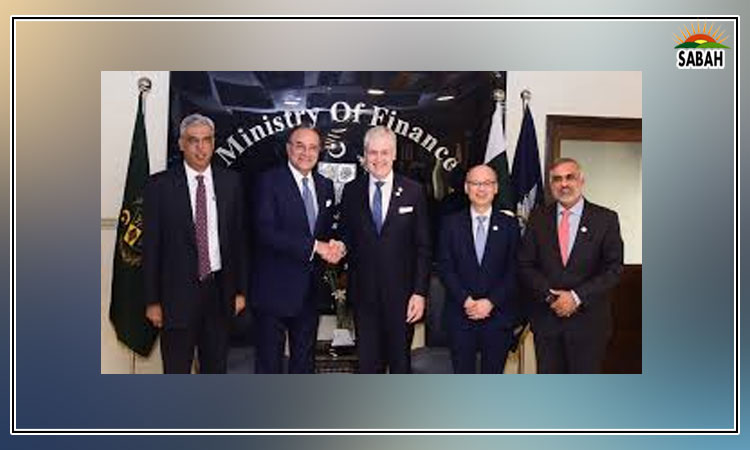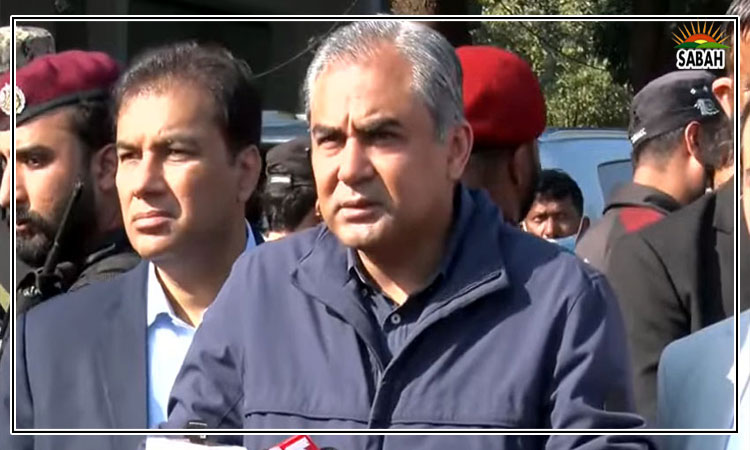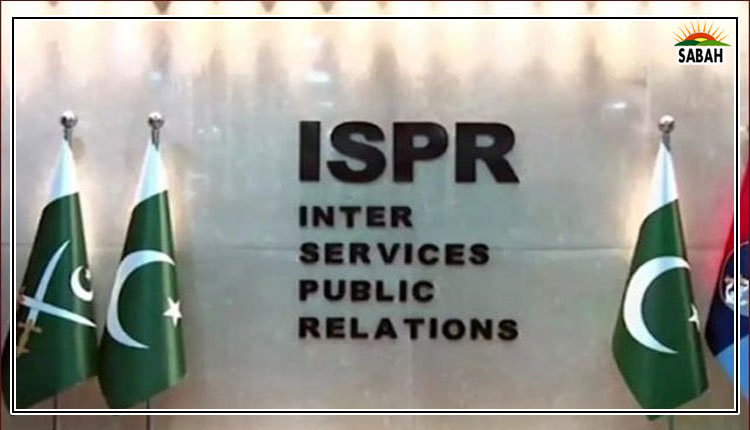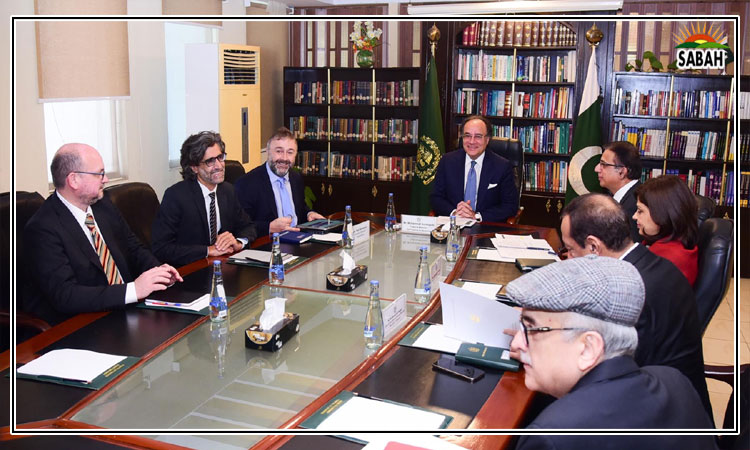Upgrading CPEC…Aizaz Ahmad Chaudhry
PRIME MINISTER Shehbaz Sharif recently visited China to further strengthen the Pakistan-China All-Weather Strategic Cooperative Partnership. Besides a three-hour meeting with President Xi Jinping and another one with Premier Li Qiang, dozens of MoUs and agreements were signed. A joint statement described the bilateral relationship as unshakable as a mountain, solid as a rock, and ironclad friends.
A key takeaway of the visit was a decision to upgrade CPEC by building several new corridors, including growth, livelihood, innovation, and green corridors. There is also a commitment to rehabilitate the Karakoram Highway and optimise the use of the Gwadar port. The Chinese side will train 1,000 young Pakistanis in tech and agriculture. Huawei will train 200,000 Pakistani youth annually in IT. This would help towards digitalisation of the economy and promoting e-governance.
Another positive announcement was that CPEC would be made an open and inclusive platform, and third parties would be welcomed to participate in its priority areas of industry, agriculture, ICT, science and technology, and mining. Previously, the two countries had agreed to extend CPEC only to Afghanistan. Now that third parties are being invited, clear modalities would need to be worked out.
These plans are ambitious and an upgrade of CPECs first decade that focused exclusively on infrastructure development and power generation. However, signing MoUs does not automatically translate into projects. For that, we need to create a congenial business environment, with minimal red tape and fast-track facilitation. The private sector must be facilitated to take the lead. A welcome feature of the PMs visit was that several meetings were held between Pakistani and Chinese businessmen and investors at the Pakistan-China Business Forum in Shenzhen.
Pakistan must not squander this opportunity.
The two governments also signed an Action Plan for Framework Agreement on Industrial Cooperation. The Chinese side committed to encouraging Chinese companies to invest in Pakistans SEZs while Pakistan agreed to optimise its business environment and policy framework to facilitate Chinese investments.
Setting up industries is the need of the hour as industry generates employment for our youth. However, the actual situation is not encouraging. Setting up SEZs has been inordinately delayed. Rashakai has made limited progress while Dhabeji is still at the bidding stage. Setting up SEZs should be a top priority to attract investments from China and other countries. Pakistans own investors, who have parked their capital outside because of the lack of business opportunities in the country, should also be incentivised to invest in them.
Another project of significance is upgradation of the ML-1 railway track, to be implemented in a phased manner after agreeing on financing modalities. This project has already been delayed because of which the price tag has gone up. The north-south railway track is 100 years old, and its upgradation is imperative to meet our strategic and socioeconomic needs.
Security of foreign investors and investments has emerged as a serious issue. There have been several terrorist attacks against the Chinese working on CPEC projects in Pakistan. China expects Pakistan to make every effort to hunt down and punish the perpetrators. The joint statement called for a zero tolerance attitude to counter terrorism effectively.
Despite the establishment of a special security division, attacks against the Chinese have continued, mostly by the TTP and BLA. We must find ways to deny spaces to the terrorists through intel operations, the kinetic use of force where required, co-opting the people of ex-Fata and Balochistan in our counterterrorism strategies, and coordination with the relevant countries, particularly China, which has considerable influence in Afghanistan.
Although the joint statement did not mention financial liquidity issues, it is well-known that Pakistan often seeks the roll-over of funds loaned by China. The Chinese have so far obliged Pakistan. However, they would justifiably expect Pakistan to use these loans prudently and generate wealth to pay them off.
In an era of geopolitical instability, Pakistans close ties with China is a valuable opportunity that must not be squandered. Let us make the best of Chinas help to modernise agriculture, digitalise the economy, improve electricity transmission, and strengthen mining and industrial cooperation. Having invested billions on building infrastructure and energy generation, let the private sector take the lead in setting up industries to make optimal use of that infrastructure. CPEC in its second phase should become private sector-friendly, export-oriented, the creator of jobs, and enabler of technological value addition.
Courtesy Dawn



